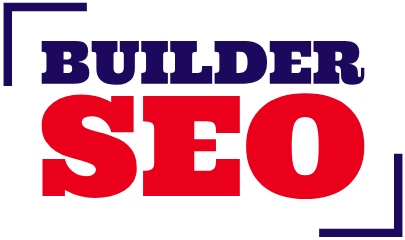Website On-Page SEO
Contact us
Understanding Website On-Page SEO
Website On-Page SEO refers to the practice of optimizing individual web pages to improve their rankings in search engines and attract targeted organic traffic. It involves optimizing both the content and the HTML source code of a page to ensure search engines understand its topic, structure, and value. Unlike off-page SEO—which focuses on backlinks and external signals—on-page SEO is entirely under your control, making it one of the most critical aspects of building a successful online presence. The goal is to make your website easily accessible, user-friendly, and relevant to the queries your audience is searching for.

A well-optimized web page not only performs better in search engines but also provides a smoother experience for users. Search engines prioritize pages that deliver valuable information, load quickly, and are structured in a way that’s easy to navigate. On-page SEO ties together technical precision and creative strategy—combining keyword research, high-quality content, and structured data to ensure your site ranks well and engages visitors effectively.
Optimizing Content for Users and Search Engines
High-quality, relevant, and keyword-optimized content is the backbone of effective on-page SEO. Every page should be built around a primary keyword that aligns with user intent, supported by related terms and phrases that enrich the topic. Well-written titles, meta descriptions, headers (H1, H2, H3), and image alt tags help both users and search engines understand your page’s subject matter. The content should be informative, engaging, and structured logically to keep readers on the page longer—reducing bounce rates and increasing conversions.

Beyond keywords, your content should be crafted for readability and value. Short paragraphs, bullet points, and visual elements like images and infographics enhance user experience. Internal linking between related pages also plays a crucial role by guiding users deeper into your website and distributing SEO value across your site structure. When search engines crawl your website, a strong internal linking network helps them understand relationships between pages and prioritize important content.
Build Success With Every Search
Technical On-Page Elements
Technical aspects of on-page SEO ensure your website performs efficiently and meets modern search engine standards. Key elements include optimizing page load speed, ensuring mobile responsiveness, and maintaining clean, well-structured URLs. A fast, mobile-friendly site not only improves rankings but also enhances user satisfaction, especially since most online searches now occur on mobile devices.

Title tags and meta descriptions are also vital. They serve as your first impression in search results—convincing users to click through to your site. Each title and description should include target keywords naturally while clearly describing the page’s content. Additionally, implementing schema markup helps search engines better understand your page and display rich snippets, such as ratings or product details, which can significantly improve click-through rates.
Improving User Experience and Engagement
Search engines reward websites that deliver exceptional user experiences. On-page SEO involves optimizing layout, navigation, and visual design to make it easy for users to find what they need quickly. Clear calls to action, intuitive menus, and accessible contact information contribute to better engagement and conversions. Adding multimedia elements like videos and customer testimonials can further increase the time users spend on your site, signaling to search engines that your content is valuable.

Engagement metrics such as dwell time, bounce rate, and pages per session are increasingly important for SEO performance. By continuously improving usability and providing high-quality, relevant content, you not only boost rankings but also build trust and credibility with your audience.https://www.semrush.com/blog/on-page-seo/
Testimonials





